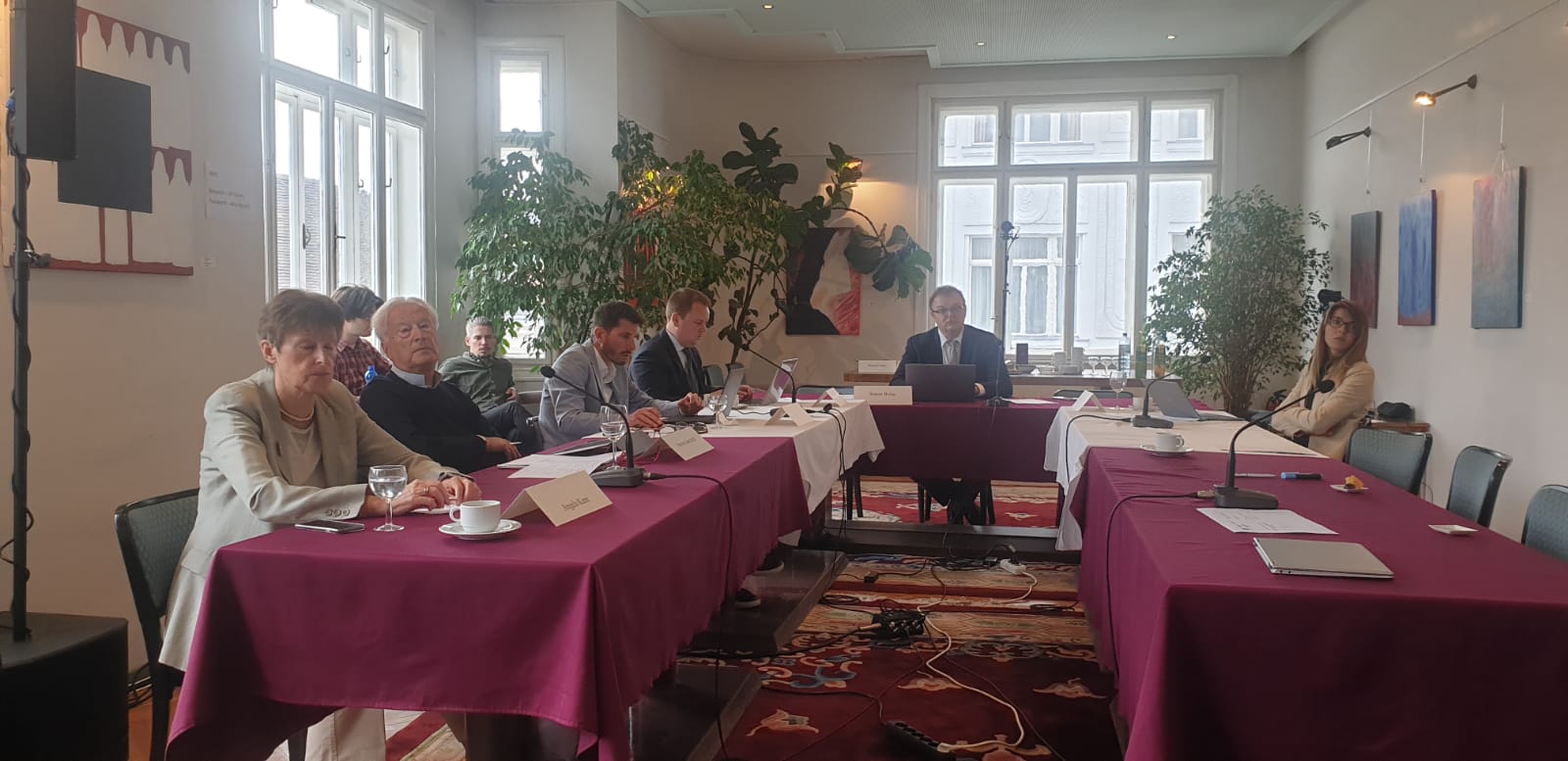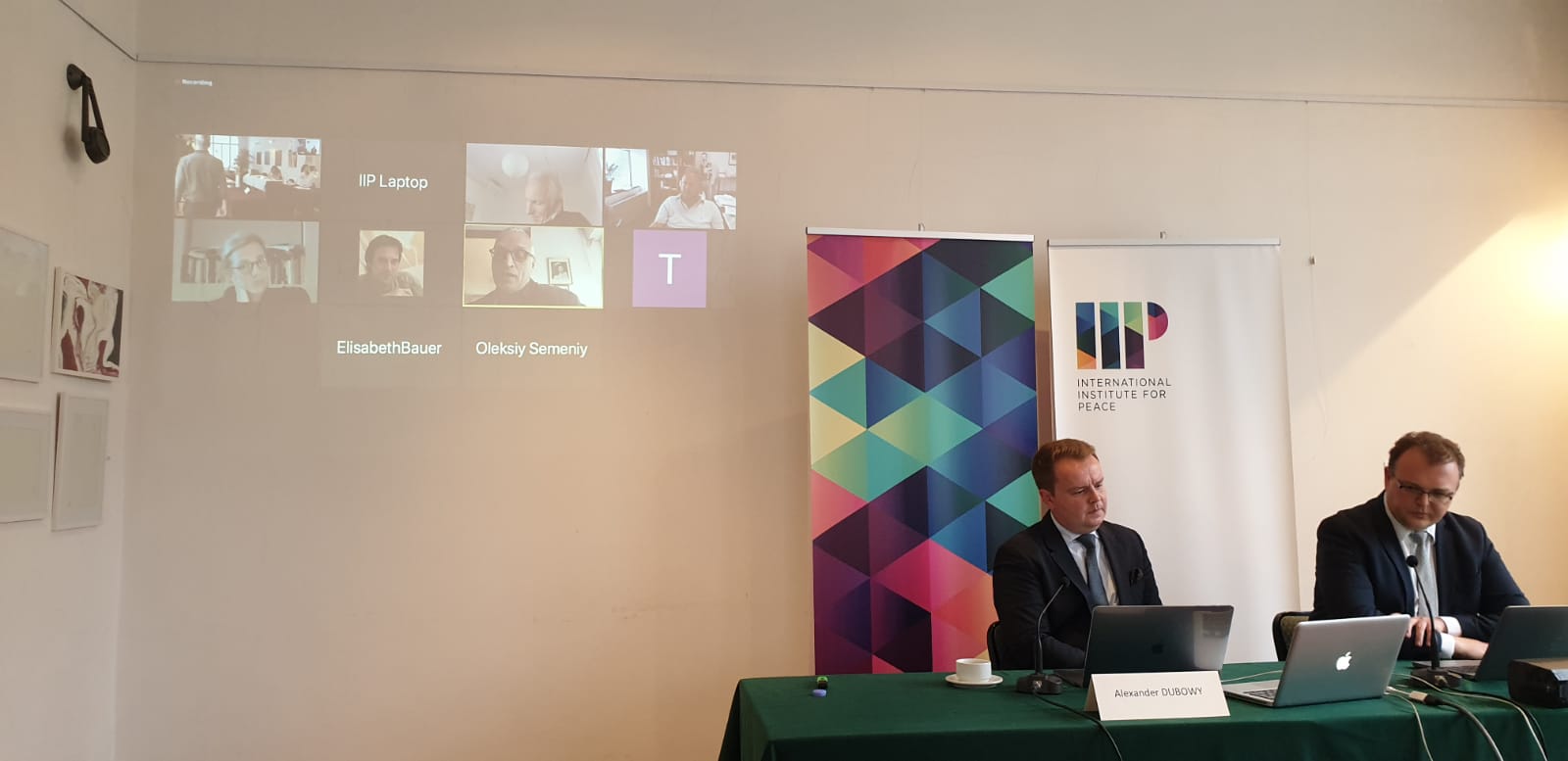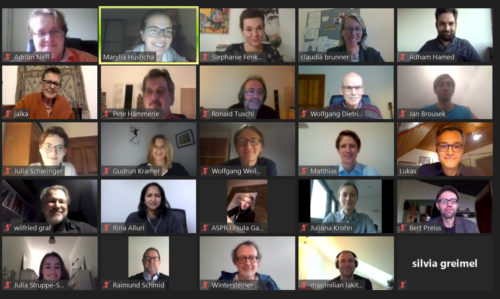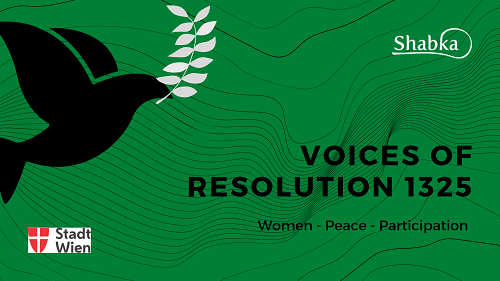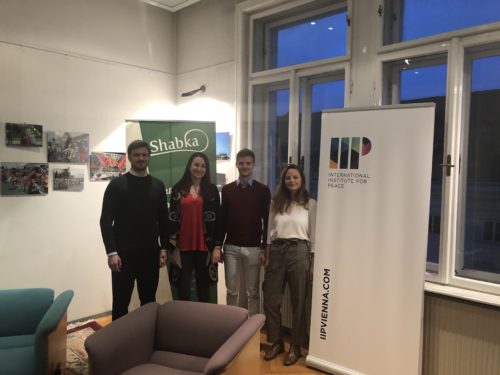On the 29th of September Shabka was invited to participate at the 2020 Vienna Peace and Security Talks. The conference was organized by the Karl Renner Institute in cooperation with the FES Regional Office for Cooperation and Peace in Europe, the International Institute for Peace and the Research Centre for Eurasian Studies at the University of Vienna.
During the talks, the subject of different aspects of EU’s role in Eastern and South-Eastern Europe were discussed in a webinar titled “EU’s New Ambition – How To Be More Geopolitical Nowadays” with Maria Elena Koppa, Stefan Lehne, Knut Dethlefsen, Dimitar Bechev and Simon Weiss.
In drawing attention to a geopolitical approach, they found the difficulty lays in the current transit in Southeurope. While China is considered to have good relations with Serbia, especially since the Covid-crises, Russia and Turkey are also gaining more influence in the region. Even though the EU continues to be the largest investor and most important actor, this might change in the long-time. This outcome is also rooted in the very technocratic approach of the EU towards Balkan policies in the last years. Despite the continuous incoherency on foreign policy within the EU, we should not forget that the EU already has a geopolitical approach – their geo-economical power. The question in this case is weather the member states will know how to use these tools of economical union. The geopolitical aspects, incoherency and diplomatic shifts in broader context have also been discussed by Maria Maltschnig (Director of the Karl-Renner-Institut), Hannes Swoboda (President of the International Institute for Peace (IIP)), Irina Boglova, Leyla Daskin, Stefan Lehne, Kati Piri and Andreas Schieder at the ensuing panel.
Photocredits Marylia Hushcha (IIP) Photocredits Marylia Hushcha (IIP)

